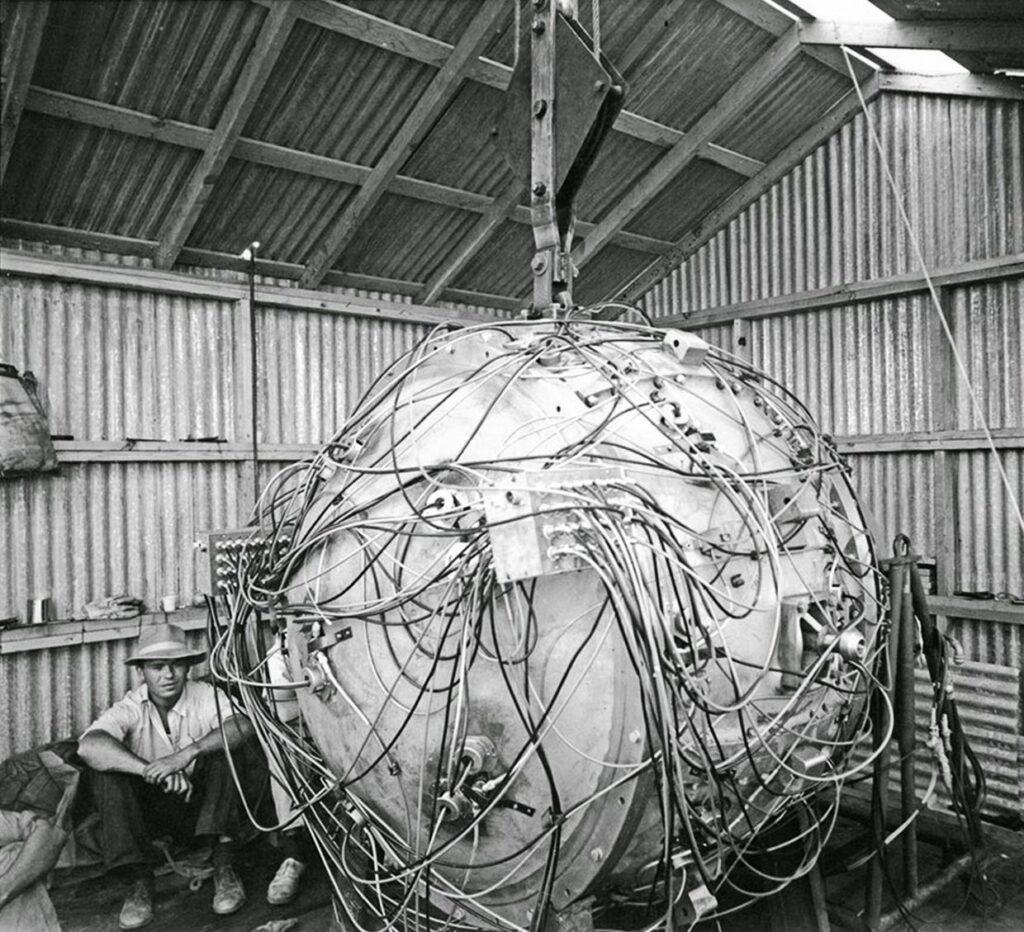- The world's first atomic bomb was detonated in the New Mexico desert on July 16, 1945.
- It was born out of the secretive Einstein-inspired Manhattan Project.
- Oppenheimer said after the test: "A few people laughed, a few people cried, most people were silent."
On July 16, 1945, at exactly 5:29:45 a.m., the world entered the atomic age, with the successful testing of the most powerful weapon known to man.
"Gadget," the first atomic bomb — a 6-foot sphere with a grapefruit-sized Plutonium core, covered in cables — was born out of the Albert Einstein-inspired Manhattan Project, and was detonated in the desert near Alamogordo, New Mexico.
Overseeing the project was US Brig. Gen. Leslie Groves and American physicist J. Robert Oppenheimer.
You might recognize Oppenheimer's name from Christopher Nolan's 2023 blockbuster movie.
Designed and launched under Oppenheimer's chosen codename "Trinity" — inspired by a poem by John Donne — the original $6,000 program budget skyrocketed to a cool $2 billion after Einstein raised multiple concerns that Germany was close to perfecting its own game-changing weapon.
Ahead of testing, crews built a steel 100-foot tower to launch Gadget, as well as three observational bunkers for researchers to safely watch from.
The bunkers were located 10,000 yards away from the steel tower, according to the Department of Energy.
The day before testing, a team hoisted Gadget up to the center of the tower and set it in position:
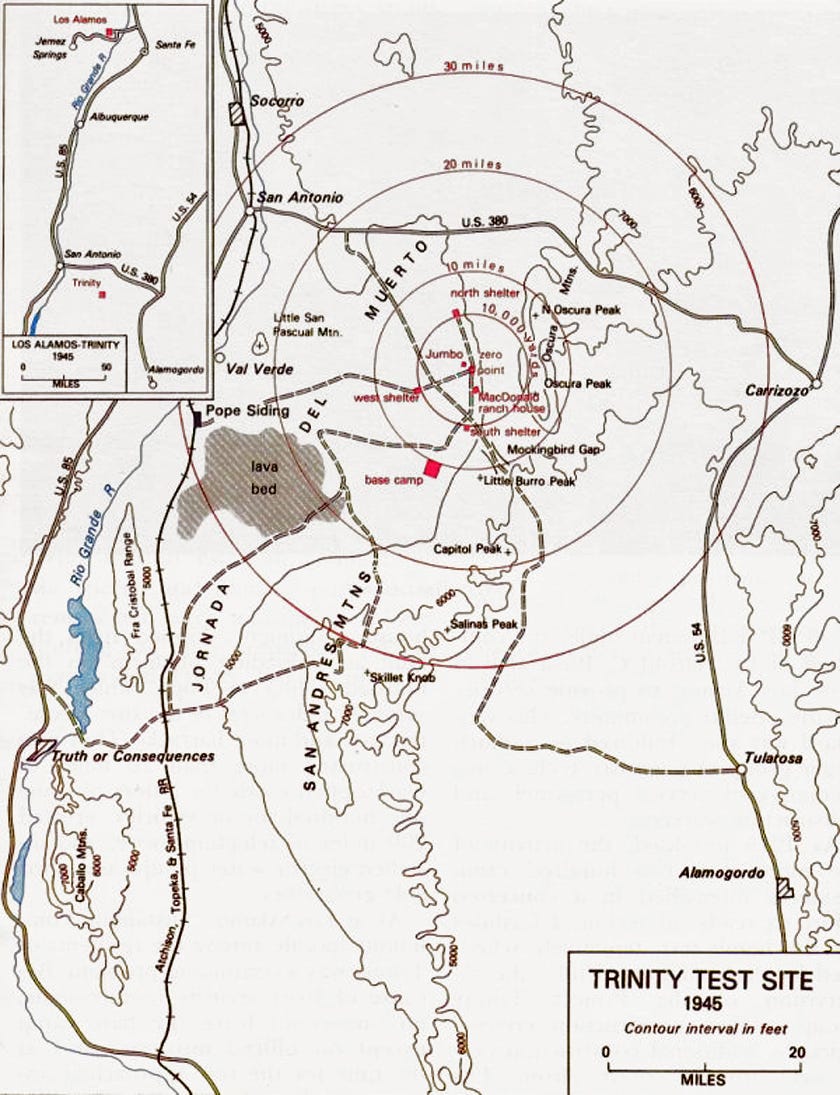
And then, in the middle of the desert on the morning of July 16, America detonated the world's first atomic bomb.
The explosion vaporized the steel tower, sent a massive shockwave across the desert sand, and produced a mushroom cloud soaring 40,000 feet into the air, according to the Department of Energy.
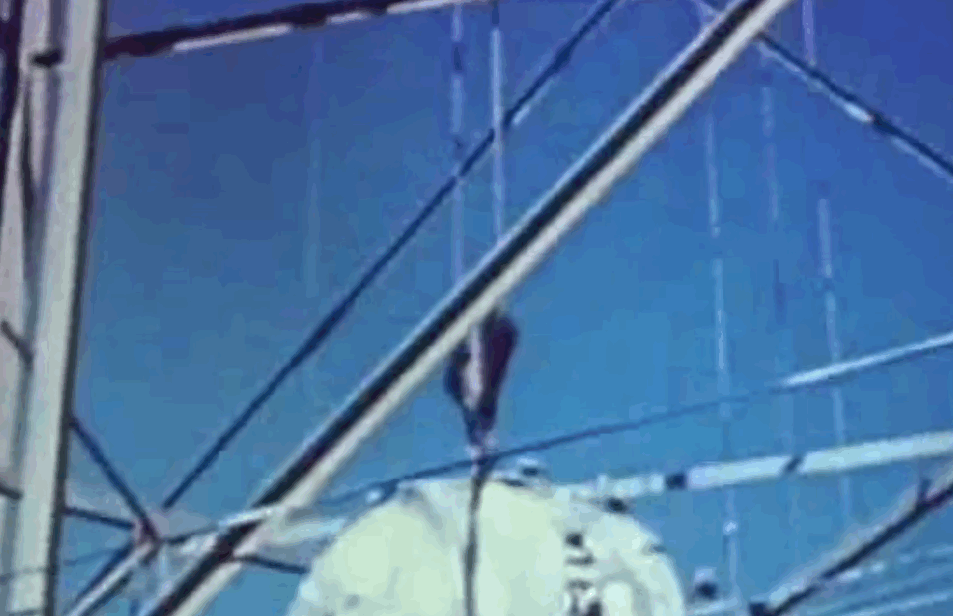
Here's what scientists saw when Gadget was detonated:
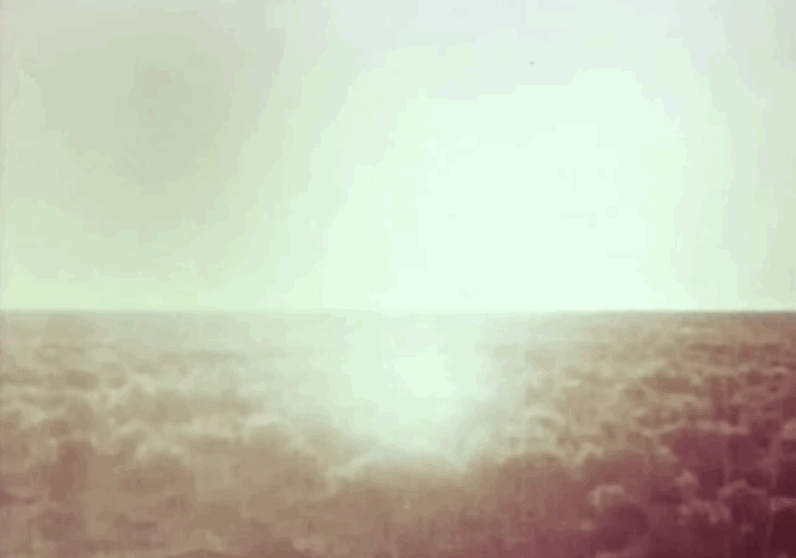
Immediately after the blast, Oppenheimer reportedly exclaimed: "It worked!"
But in a later interview about the decision to drop the bomb, Oppenheimer said that at the moment of the explosion he thought of a line from the Hindu scripture Bhagavad-Gita, "Now I am become Death, the destroyer of worlds."
He later said: "We knew the world would not be the same. A few people laughed, a few people cried, most people were silent."
After the explosion, the US military tried to cover up the nuclear test, putting out a statement claiming that it was just an ammo dump blowing up.
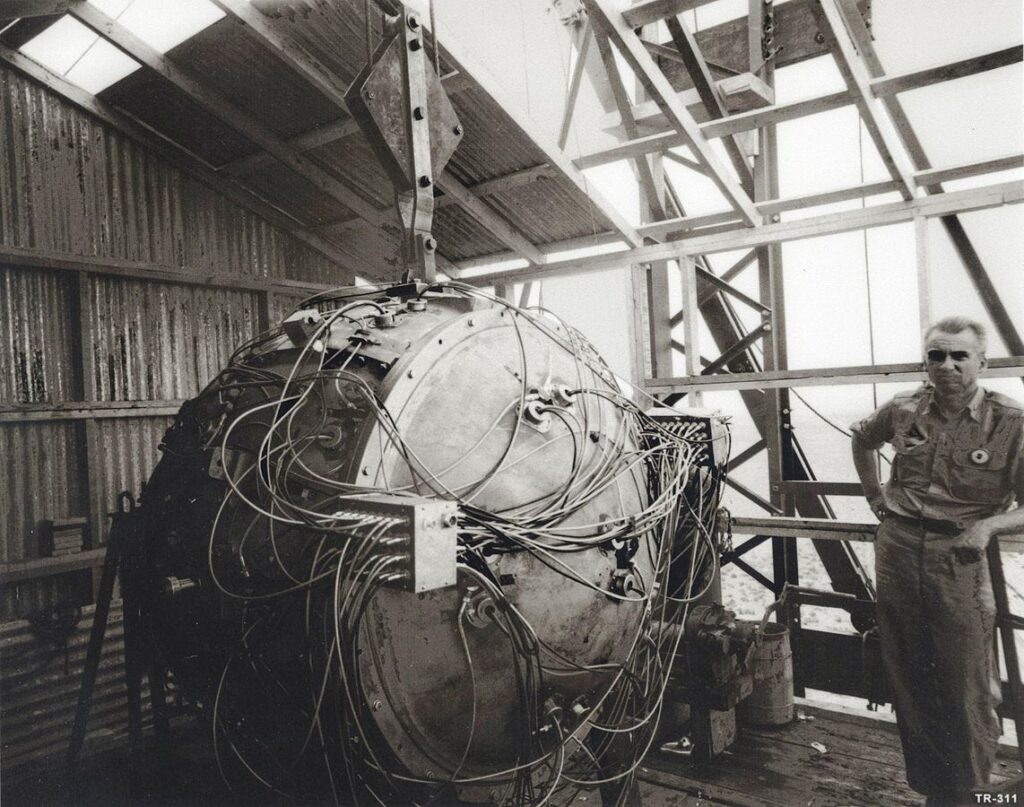
Less than a month later, on August 6, 1945, the US dropped a five-ton atomic bomb on the Japanese city of Hiroshima.
The blast killed 80,000 people immediately and leveled four square miles of the city.
Three days later, the US dropped another bomb, on Japan's Nagasaki, killing about 40,000 people instantly. Thousands more would die from radiation poisoning.
Eight days after that, Japan informally surrendered to the Allied forces, effectively ending World War II.
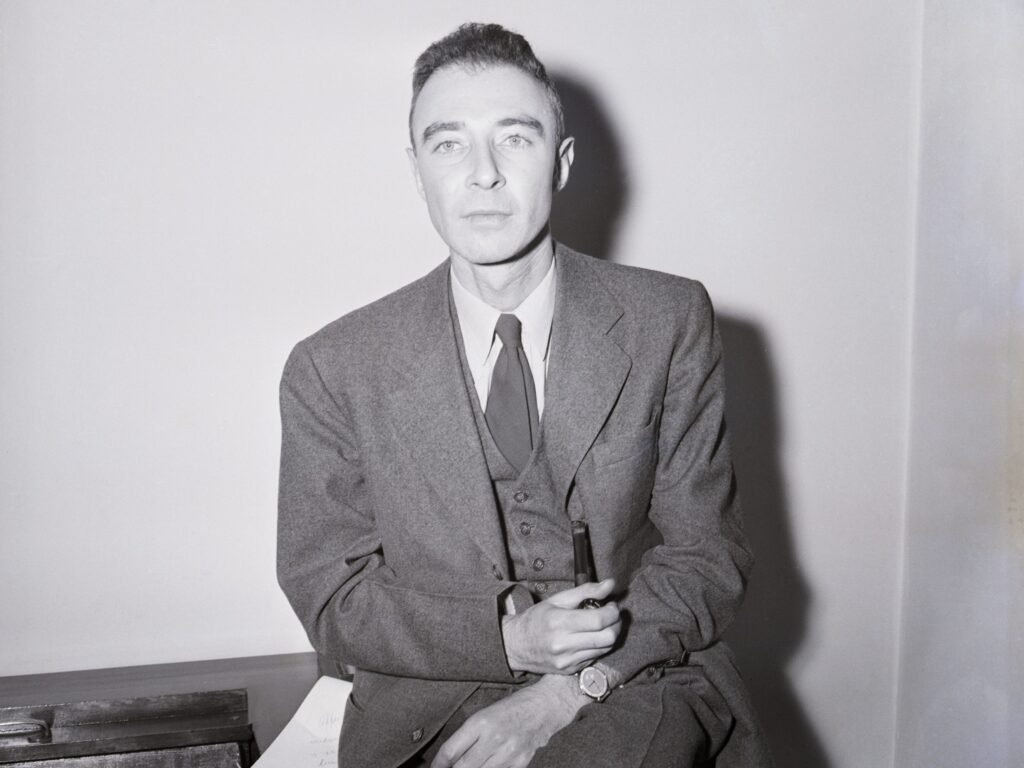
At the time, Oppenheimer celebrated and even said he wished the bomb had been made earlier so that it could have been used on Germany.
But he also spoke of his sadness on behalf of the Japanese victims, Insider reported.
Oppenheimer later told the American Philosophical Society: "We have made a thing, a most terrible weapon, that has altered abruptly and profoundly the nature of the world."
Here is a video of the first nuclear bomb test:
This article was originally published in 2015 and was updated in 2023 with additional information.
